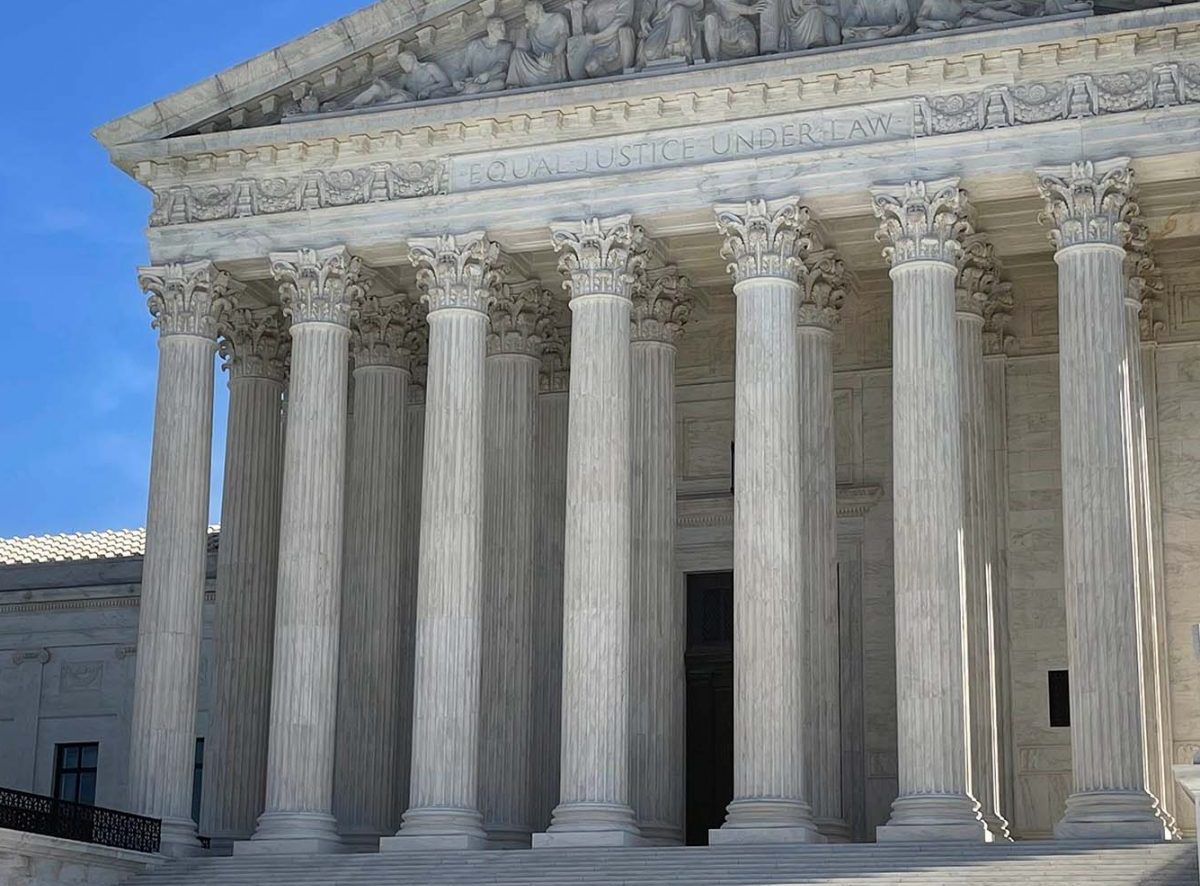The Supreme Court is poised to issue significant rulings on several high-profile issues, including abortion rights, gun rights, and former President Trump’s legal challenges. This comes two years after the landmark decision overturning Roe v. Wade amidst growing scrutiny of the justices’ ethics and impartiality.
The upcoming decisions are expected to significantly impact the political landscape as the nation approaches an election year.
Among the 23 remaining cases, Trump’s claim of “absolute immunity” from criminal prosecution stands out. Trump argues that no president should be prosecuted for actions taken while in office, particularly regarding his attempts to overturn the 2020 election.
During oral arguments, several justices appeared to support the idea that presidents are immune from prosecution for official acts but may be liable for non-official actions. A decision to send the case back to lower courts would delay any potential trial until after the next presidential inauguration, which could benefit Trump.

The justices are also deliberating on a related matter involving another January 6 defendant, which could affect one of the charges against Trump if the charge is dismissed in the other case. This highlights the broader implications of the court’s decisions on executive power, as the conservative majority has previously struck down significant federal regulations, from environmental policies to COVID-19 mandates.
They are now considering whether to eliminate a doctrine that currently benefits federal agencies in legal challenges, a move that could further restrict executive actions.
Several other contentious issues are also on the docket. The court is set to rule on the legality of state laws preventing individuals with restraining orders for domestic violence from carrying guns.
Additionally, they are addressing laws from Texas and Florida that limit content moderation by social media platforms, which the tech industry argues violates First Amendment rights. During oral arguments, the justices appeared uncertain about these tech-related issues, reflecting their complex nature.
One major decision has already been made, with the court unanimously upholding the FDA’s approval of mifepristone, a medication used for abortions. However, another critical case remains unresolved, which will determine whether doctors can perform abortions in medical emergencies.
These pending rulings underscore the Supreme Court’s central role in shaping significant aspects of American law and society in the coming weeks.


